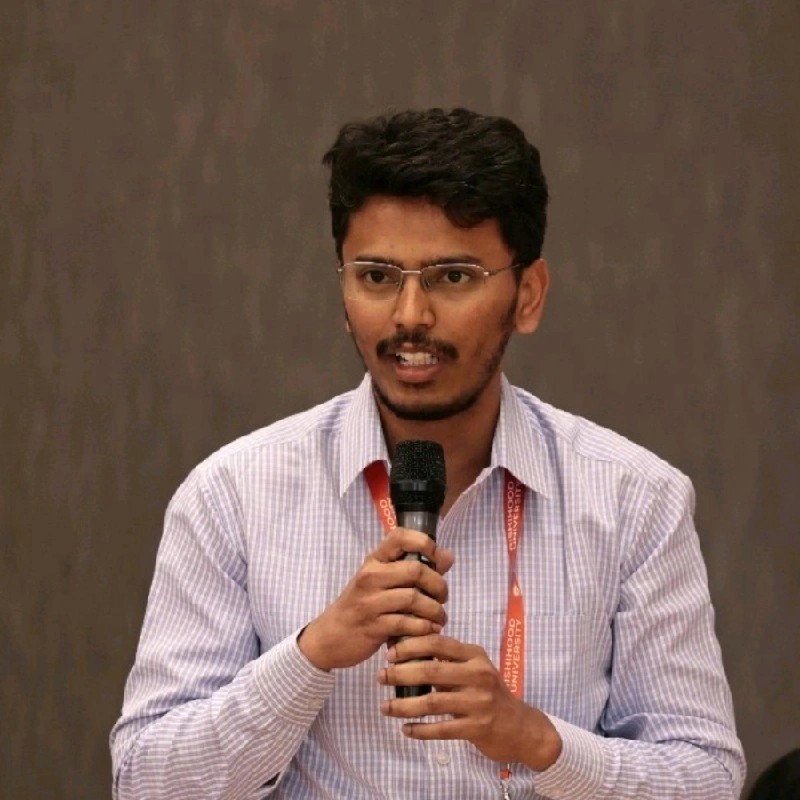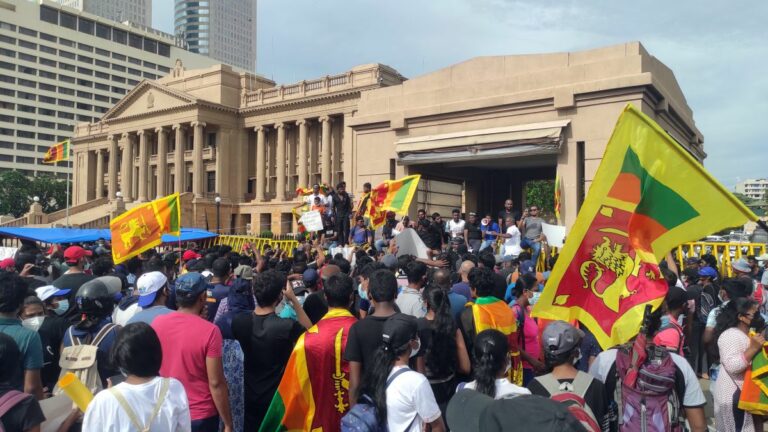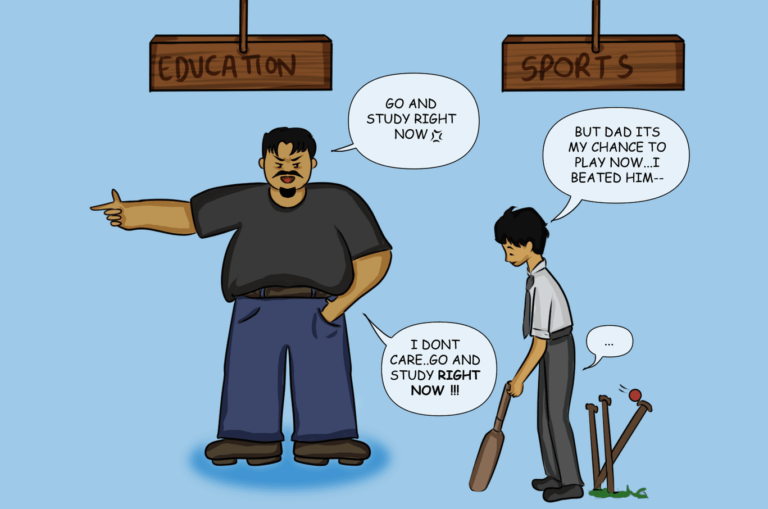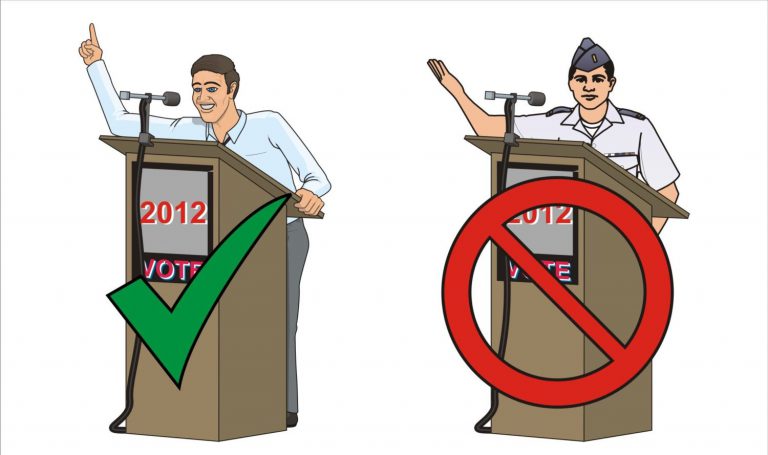The intimacy between politics and truth

Srinath is the Founding Editor of The ArmChair Journal. Currently at the University of Chicago, he is also an alumnus of IIT Madras, Ashoka University, Rishihood University and Purdue University.
I wrote what was on my mind on my profile and posted it over Facebook. In the beginning when I was not used to writing, a few questions concerned me as and when I posted anything. What was the truth of the matter? Why am I posting things at all? To take it little further, should I post at all?
Did I post so that my friends would identify me as a writer, or did I post because I genuinely believed the post was worth sharing about. That it had some relevant content for others as well to engage with? Also, was I just posting to seek attention, or was I aspiring to be identified as a writer, or was my intention to contribute something to the way others thought so that it enriched it and made lives better? Or, was I just venting off the chaos in my mind so as to feel relieved?
It appeared chaotic. While the moralist in me wanted to say I did it so that it could add value to others’ thoughts and lives, the egotist said I was doing it to be identified as a writer so that I could command respect. My insecurities also suggested the reason was perhaps to gain attention from others. Indeed, how do I answer these questions? And these questions are not just about me, these apply to routine situations in our lives whenever we act about something.
The action could be as simple as purchasing an ice cream from a street vendor, or issuing a one rupee coin to a beggar enroute, or advising someone about what might be a better career path, or giving gyan to fellows and posing like a philosopher.
Each of these activities could be interpreted in various ways beyond what one actually did. One could purchase an ice cream just because one loved to taste it, or one could do it to make some purchases happen for the vendor that would boost her confidence. Also, one could feel donating a rupee would improve the life of a beggar, or the act might be to boost one’s own ego to feel great that one earned enough to be able to donate.
All these interpretations come together. To cherish the idea of being a writer meant to sideline the righteousness in being a moralist. To donate something for others’ good means to feel a sacrifice in one’s ego, and calling oneself selfless. How do I make these choices? Do I work for money, or do I work because I love making a difference? Would I still work if I do not get paid?
To think of these questions means to think of what one’s actual intentions are. To display clarity in one’s intentions about why one acts means to have profound understanding of one’s own self without any confusions about one’s intentions.
What leads to such clarity in our intentions? It is nothing more than one’s belief in an act such that it is the right way. If one believes in something, one goes about doing it and feel right in doing so. This belief instills confidence as long as we feel it is the right thing to do. One could join the army and fight for a nation, or teach children to make a difference in their lives, or start an NGO to serve the underprivileged, or start companies and justify the potential of markets.
Hence, this leads us to the next question about what we must believe in. How do we make a choice there. But, hold on. Isn’t belief something which is not a choice and I believe in it for no other reason than the inherent merit I see in it? Should my belief be such that it is beyond anything I may doubt? True, as long as we uphold certain beliefs, we cannot afford to question or doubt them. That’s why to have clarify in what we do means to believe in something which is in sync with what we do. Else, we cannot be free when we do things. We make sense of our actions through our beliefs.
We cannot feel one with what we did, if we did not believe in it. In such situations, we do things out of compulsion, or without expecting any meaning. It is like working for money without believing money brings happiness. If one believes money would bring in happiness, it surely does. As soon as one starts doubting, we are not happy anymore. Belief gives us freedom from meaninglessness in life. All of us have seen people leaving high paying jobs while many of their friends stuck to it. Some donated their wealth towards building something they believed in- like a temple or a mosque. They did it to find meaning and to own their own actions.
Now comes the real question. How does one choose one’s belief? What precedes one’s notion of belief is that it is right. If one believes in god, one behaves as if one knows it. Have we not heard about mystical experiences people talk about, or seen instances when a deity possesses an individual and makes them behave in a normally abnormal manner? To not doubt belief means to know one’s belief as truth. To be true means to be right in the way one acts.
Then, why did I post my status on Facebook? What meaning did I find? There might be multiple perspectives on it, but what is the truth? If there are multiple truths, could one of them be superior than the other? Should I be a moralist, or an egotist? Why should a moralist be superior to the egotist?
I want to know answers to these questions so that I derive meaning out of my actions, and I also convey the same to others so as to discover the reason for all of us together. This activity of discovering a reason which is the highest and which is superior to all others is the beginning of politics. It has been an eternal exercise in reason and it is a collective effort to discover truth! Hence, if truth has to know itself, politics has to happen.
After all, why am I sharing this with you? What’s the truth of the matter?
Featured Photo by Elijah O’Donnell from Pexels








Readers' Reviews (4 replies)